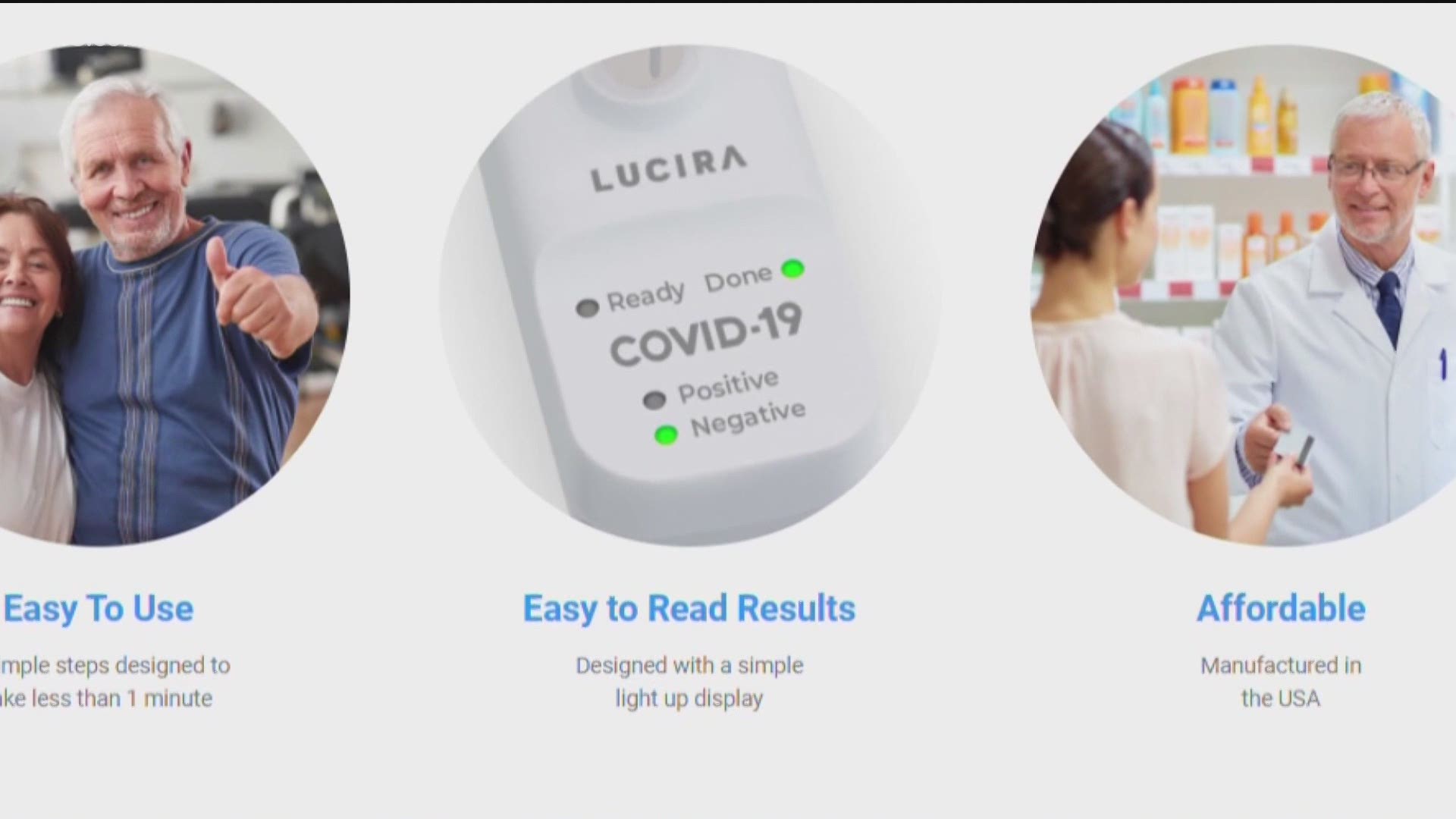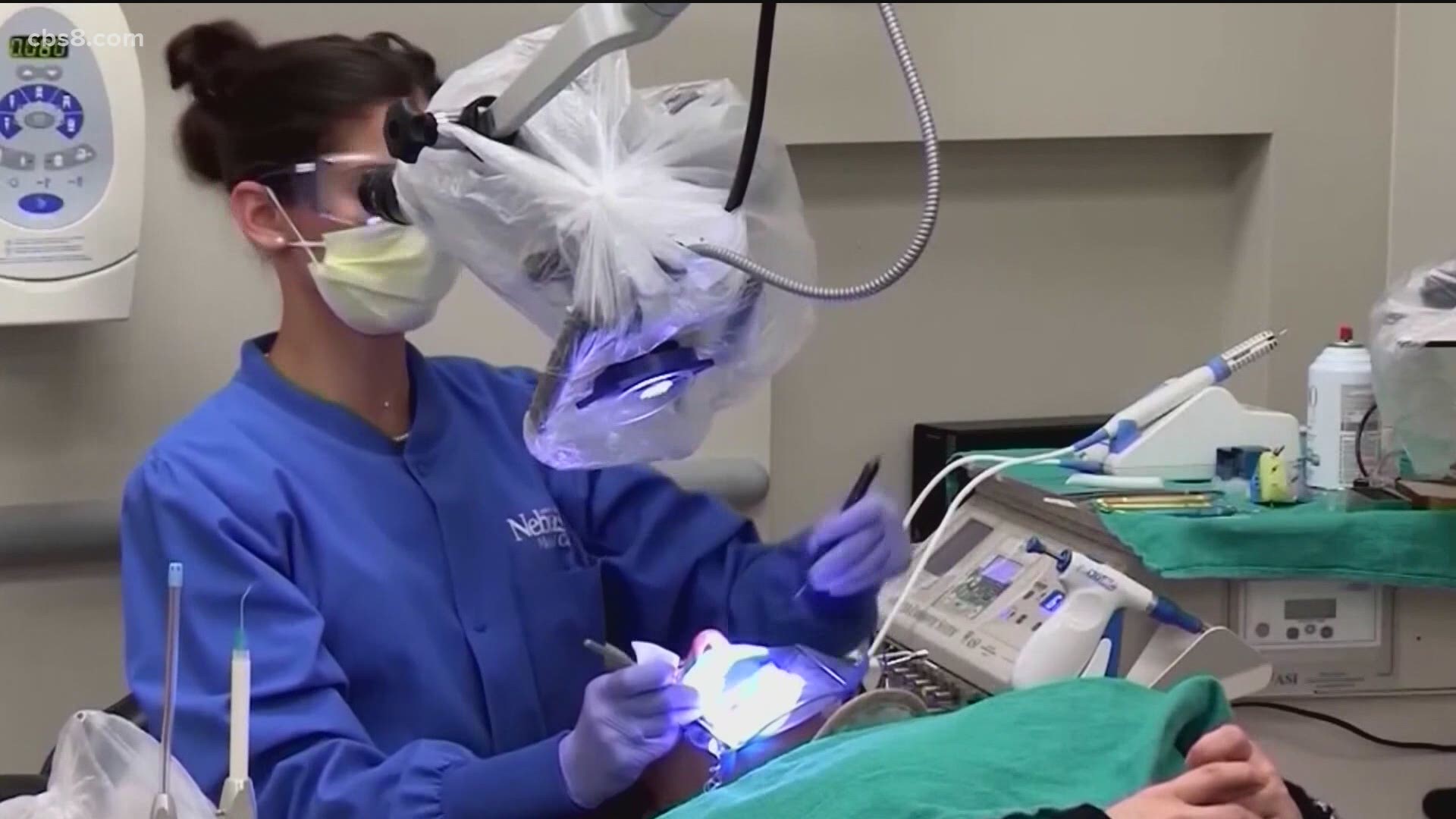The Centers for Disease Control says COVID-19 rapid tests are less accurate than first believed.
When the FDA approved them for emergency use months ago, researchers thought they were about 97 percent accurate. A new CDC study now shows they may be only 80 percent accurate. That figure drops to around 40 percent for some asymptomatic people.
"I think now that these tests have been, as we like to say, 'Out in the wild,' we're seeing that they don't perform nearly as well as they did in their emergency use authorization," said Dr. David Pride, Director of Microbiology at UC San Diego.
Dr. Pride says his colleagues conducted a study at UC San Diego comparing the accuracy of rapid tests to PCR tests.
"We found [rapid tests] to be woefully inaccurate and where the inaccuracies fall apart tend to be in people who are expressing moderate to lower levels of the virus," he said.
"A single negative rapid test isn't something that anyone should be comfortable with in terms of saying 'You absolutely do not have the disease,'" he added.
He believes people who relied on a negative test result to gather for the holidays are contributing to the surge we're seeing of coronavirus cases across the country and locally.
"The sort of current surge that we're seeing is a combination of people who don't want to wear a mask or socially distance, people who have decided that a single negative test is enough to travel with. Which they're not accounting for the fact that you could test negative today and positive tomorrow," he said.
Dr. Pride says the rapid tests have also produced a small number of false positives as well.
But he says rapid tests can be useful in settings like schools or colleges, where people are getting tested consistently.
Meanwhile, scientists at the La Jolla Institute for Immunology have found people infected with COVID-19 may carry a natural immunity to the disease for anywhere from eight months to several years.
"This research really answers the question that everybody had from the beginning. After infection of the virus, is the immune system able to, first of all, recognize the virus? And second of all, memorize the virus?" said Daniela Weiskopf, one of the senior authors of the study just published in an online edition of Science.
She says they analyzed samples from nearly 200 people infected with coronavirus and found that after eight months, the immune systems of 90 percent of participants still recognized the virus.
"We are absolutely interested in seeing, how does this look a year after infection? 18 months after infection? Two years after infection?" she said.
Weiskopf says anyone who has been infected should still get the vaccine. She points out that 10 percent of participants did not have immune memory to the virus. Without know which category you fall into, you need the vaccine to protect you.


